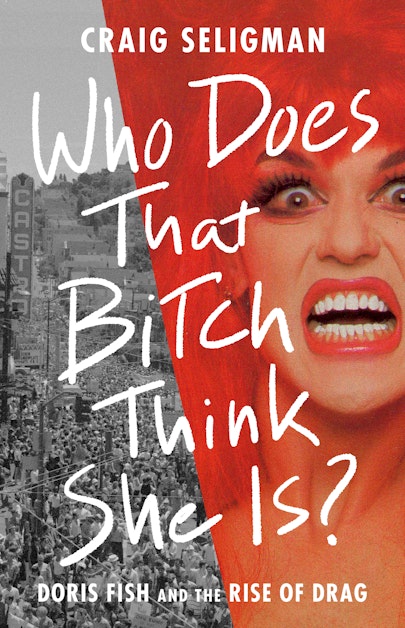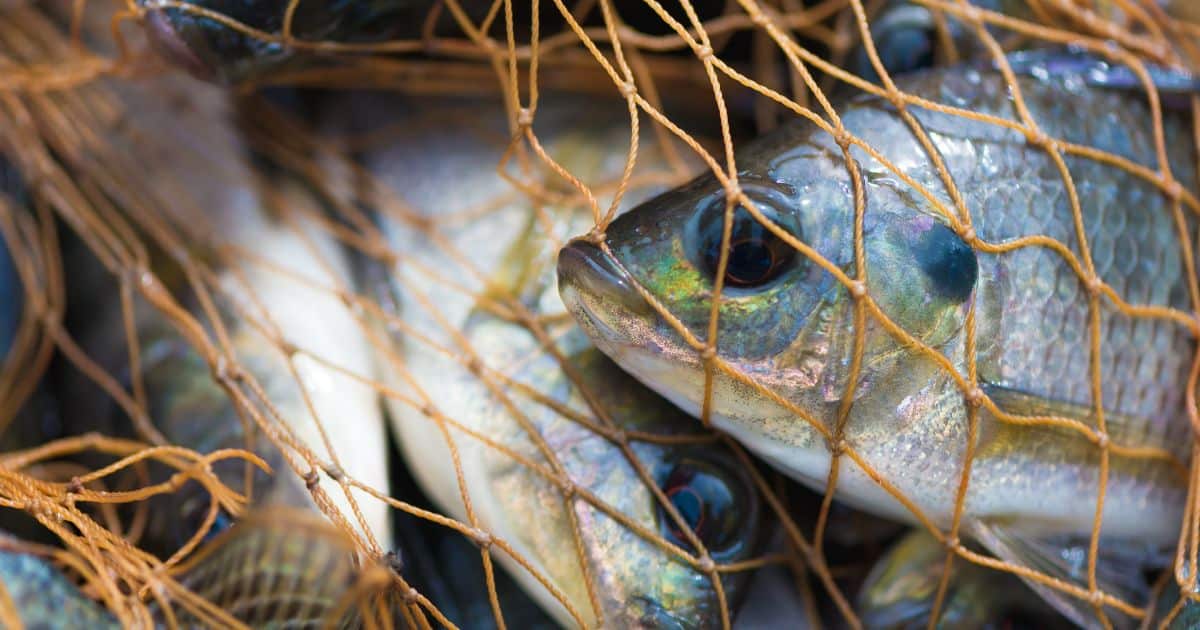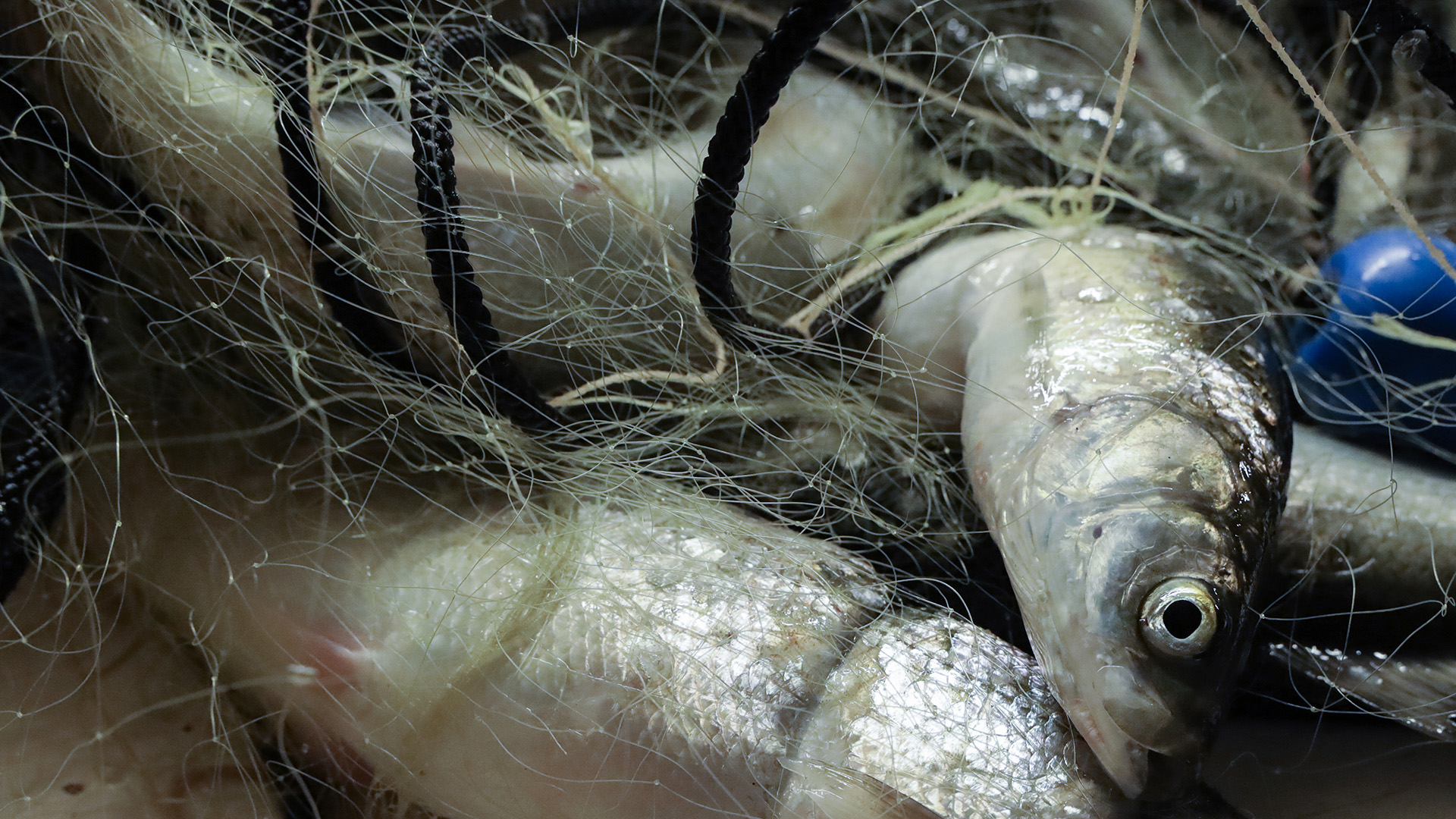The grandeur and legacy of drag trailblazer Doris Fish

Drag superstars have become house names.
RuPaul, Trixie Mattel, Bianca Del Rio, Ben DeLaCreme — possibilities are you’ve in all probability heard of at minimum 1 of them.
But ahead of Drag Race dominated the zeitgeist, there was Doris.
With her icy blonde wig, thick eyebrows, and attractiveness mark, she remaining an imprint on drag historical past, and on author Craig Seligman.
Seligman is the writer of “Who Does That Bitch Assume She Is: Doris Fish and the Increase of Drag,” a new biography analyzing the lifetime of Doris Fish.
Soundside host Libby Dekmann talked to Seligman about Fish’s legacy as a revolutionary drag celebrity in Australia and San Francisco during the 1960s and 1970s.
Seligman claimed he chose to produce about Fish for several good reasons.
“One is that Doris was most one of the most fascinating persons I have ever known, and I knew that there was a fantastic tale there,” he said. “An additional was that I feared that if I failed to generate about Doris, who I imagined was a seriously important player in the advance of gay visibility in the 1970s and 1980s, [he] would be shed to background. Doris was in San Francisco, but recorded homosexual heritage is mainly explained to from the standpoint of New York given that that’s in which the media are.”
Seligman refers to Fish all through his e book working with he/him pronouns, he claimed, “for the reason that when Doris was seriously on the increase in the 1970s, and the 1980s, we did not set as a great deal excess weight on pronouns as we do now.”
He additional, “Gay men referred to other gay adult males as ‘she’ all the time with out offering it significantly assumed. But there was absolutely nothing trans about Doris — Doris definitely considered himself a cisgender male.”
Seligman outlined how Fish, also known as Philip Mills, identified acceptance and assist in his conservative Catholic family.
“The family grew to become less conservative in excess of the system of Doris’ lifetime due to the fact Doris was often wholly open up to them about his sexuality and his other, somewhat significantly less savory functions,” Seligman claimed.
“When Doris’ mother reported to Doris’ brothers [that] Philip is gay, they didn’t even glimpse up, they were so unsurprised by the information. Doris was also, at the exact same time, turning out to be a nicely-recognized drag queen on the Sydney scene. And as an alternative of holding this from his household, he built-in at minimum his mother into his appearances. She was normally in the drag golf equipment with him, and often on stage with him. She was pretty much as well-identified in the Sydney homosexual community as Doris was.”
Seligman explained Australia and the United States as staying “extremely parallel in their progress” when it came to queer visibility and legal rights in the late 20th century.
“I consider while we have many tales of children currently being kicked out of their family members since of intolerant dad and mom, I think people are the stories we listen to simply because they’re newsworthy tales. But I assume there had been several more stories like Doris’ and like mine, of homosexual guys and lesbians — young queer persons — who had family members who have been fully accepting and failed to give a next assumed to their children’s sexuality. Their only problem was that their young ones be joyful.”
Listen to the entire job interview over.







